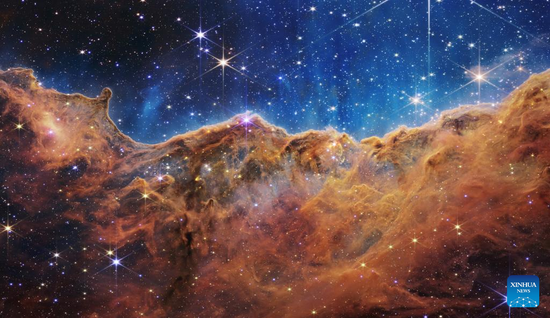
Image released by NASA on July 12, 2022 shows the edge of a nearby, young, star-forming region called NGC 3324 in the Carina Nebula. Captured in infrared light by NASA's James Webb Space Telescope, the image reveals for the first time previously invisible areas of star birth. NASA released James Webb Space Telescope's first full-color images of the universe and their spectroscopic data on Tuesday, revealing the unprecedented and detailed views of the universe. (NASA, ESA, CSA, STScI/Handout via Xinhua)
NASA released James Webb Space Telescope's first full-color images of the universe and their spectroscopic data on Tuesday, revealing the unprecedented and detailed views of the universe.
Webb's first observations tell the story of the hidden universe through every phase of cosmic history - from neighboring exoplanets to the most distant observable galaxies in the early universe, said NASA.
"Today, we present humanity with a groundbreaking new view of the cosmos from the James Webb Space Telescope -- a view the world has never seen before," said NASA Administrator Bill Nelson.
The images released by NASA include detailed spectrum of an exoplanet atmosphere; Southern Ring Nebula, an expanding cloud of gas that surrounds a dying star which is approximately 2,000 light years away; Stephan's Quintet, a compact group of galaxies located in the constellation Pegasus; Carina Nebula, the earliest, rapid phases of star formation that were previously hidden.
On Monday, U.S. President Joe Biden unveiled another image produced by Webb, galaxy cluster SMACS 0723, which is filled with thousands of galaxies, including the faintest objects ever observed in the infrared.
"These images, including the deepest view of our universe that has ever been taken, show us how Webb will help to uncover the answers to questions we don't even yet know to ask; questions that will help us better understand our universe and humanity's place within it," Nelson said.
The release of Webb's first images and spectra kicks off the beginning of Webb's science operations, where astronomers around the world will have their chance to observe anything from objects within the solar system to the early universe using Webb's four instruments, according to NASA.
Webb was launched from the Guiana Space Center in Kourou, French Guiana, on Dec. 25, 2021, to probe structures and origins of the universe.
After completing a complex deployment sequence in space, Webb underwent months of commissioning where its mirrors were aligned, and its instruments were calibrated to its space environment and prepared for science.
Webb is NASA's largest and most powerful space science telescope ever constructed. With a 6.5-meter primary mirror, the large infrared telescope will study every phase of cosmic history, from within the solar system to the most distant observable galaxies in the early universe, according to NASA.









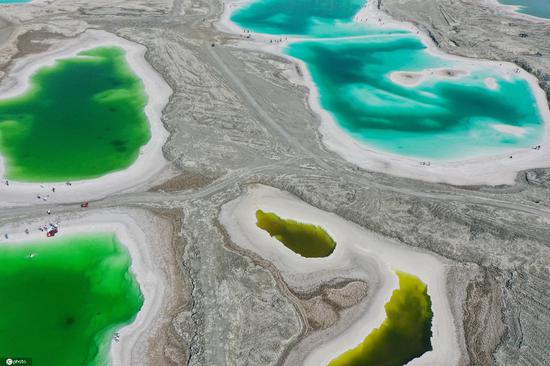
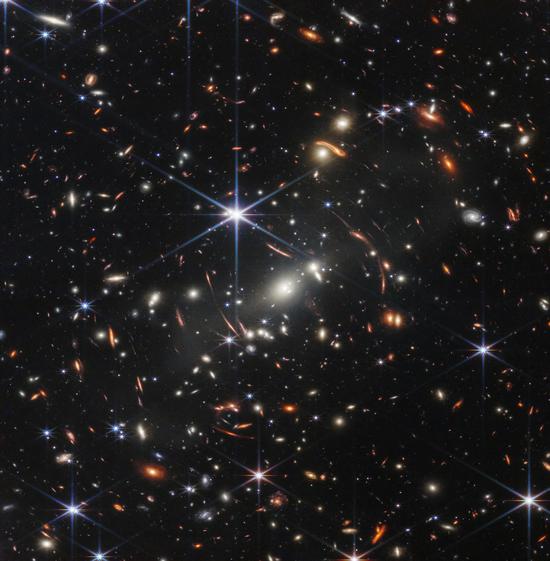
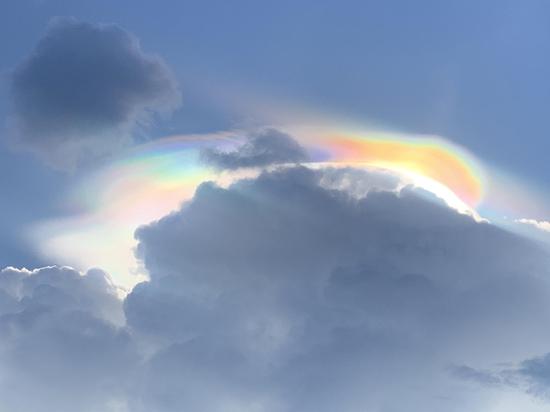


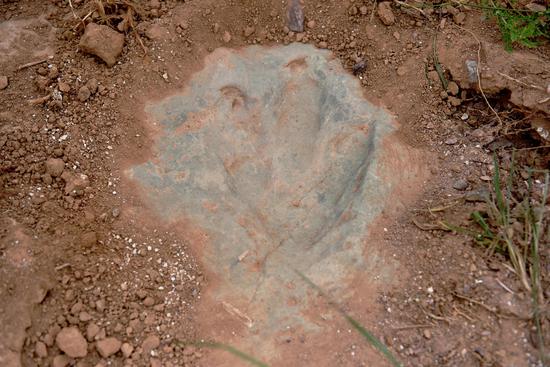

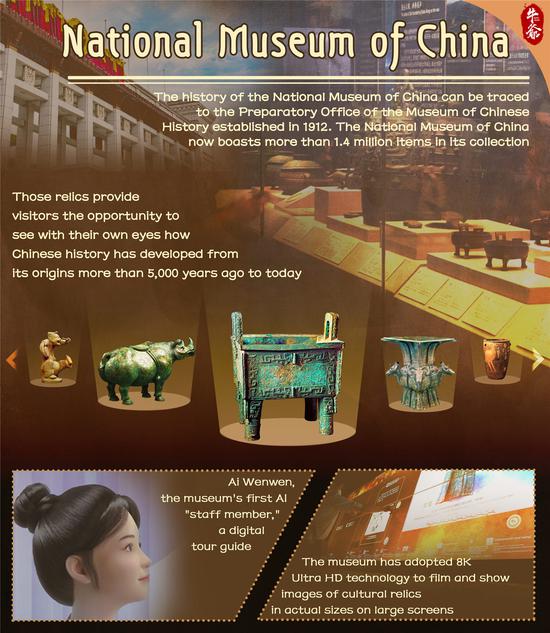




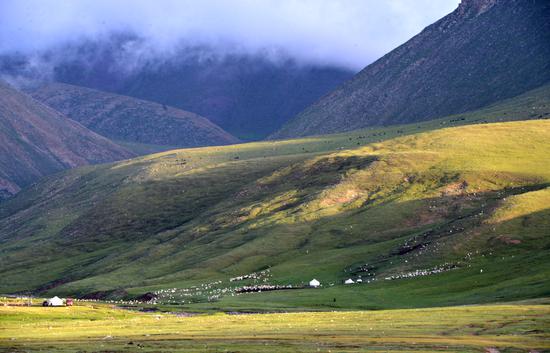


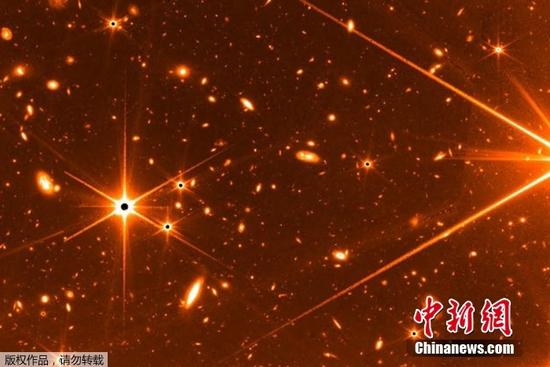


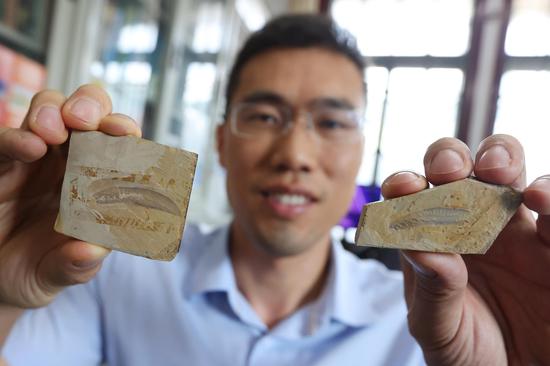

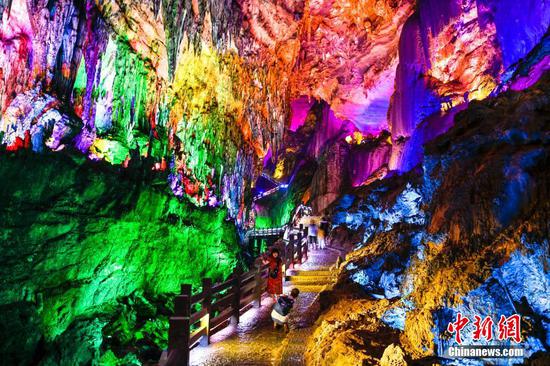

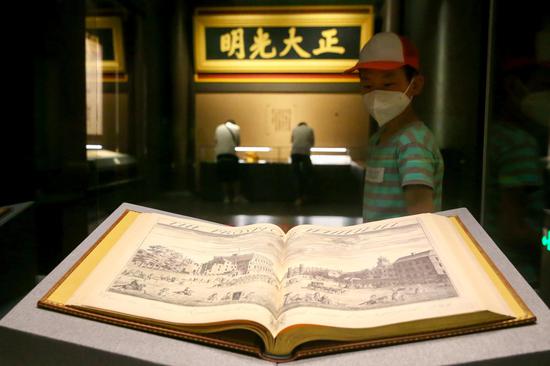
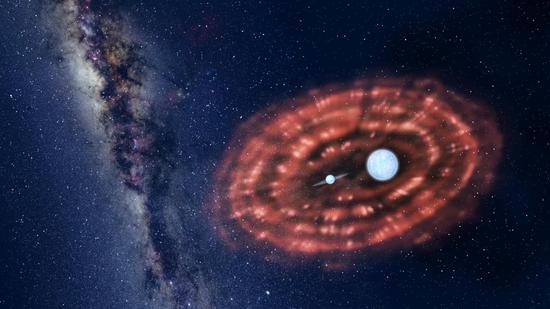

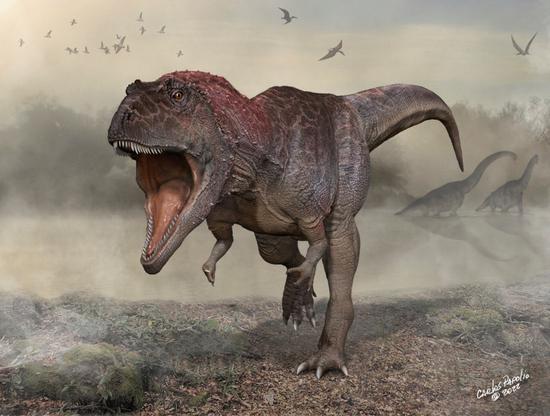




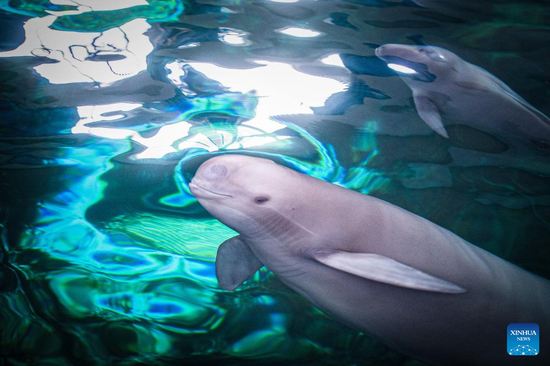
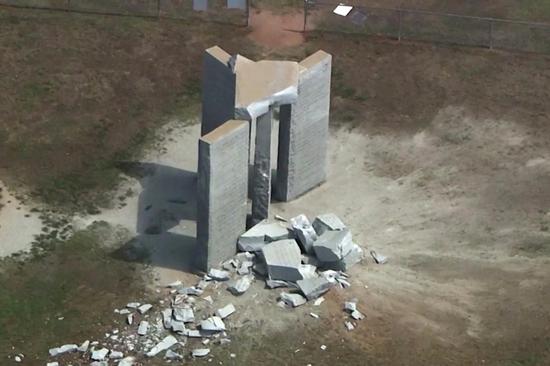


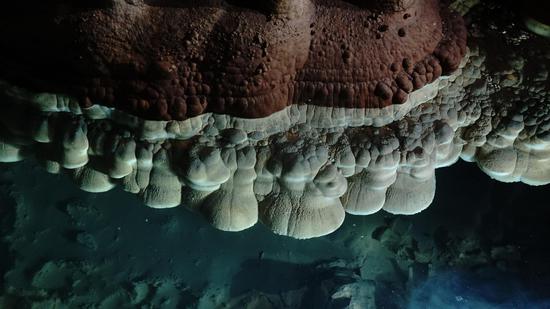






 京公网安备 11010202009201号
京公网安备 11010202009201号